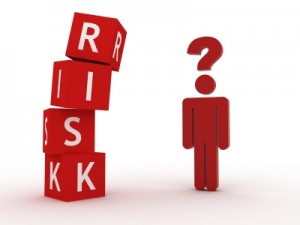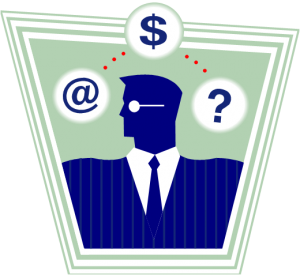 The archetypical strategy story goes something like this …
The archetypical strategy story goes something like this …
“A small gathering of senior leaders is convened at a secluded site. The atmosphere is serious. An important decision is needed. Everyone there knows the competitors. They are attacking. Some of their attacks have been beaten back. As for the others, well, that is why the meeting is so urgent. The leader stands to speak. We must counterattack. Our stockholders and employees depend on our decisions. The organization must be aligned around a common strategy. What is that strategy to be? So many actions, priorities and resources must be congruent with it. It is time to act. Here is what we are going to do.”
When this scenario (or one like it) occurs, some days or weeks later various parts of the organization get their new assignments. Sales must target new customers. Perhaps their incentive programs are adjusted to reflect the new priorities. Marketing must adapt the product line messages to feature new attributes of the augmented product. Engineering must invest in different technologies to support new product features. Meanwhile, competitive intelligence gets new marching orders to track and report on new competitors and markets.
This is top-down strategy development. Sometimes this works spectacularly well.
Read the rest of this entry
 A CEO faces a decision about whether to make an investment in a new product line that requires significant capital. Does he need any competitive intelligence?
A CEO faces a decision about whether to make an investment in a new product line that requires significant capital. Does he need any competitive intelligence? I would like to lose a few pounds. It would make me feel better, my pants would not be so snug and my blood pressure would go down. You would probably agree that these are laudable goals. So, a remarkably bad idea for me is to go somewhere that they serve chips and salsa. Or pizza. (Or a few other things.) It is just that certain things attract me so strongly that consuming them in moderation is difficult. Thus, because I cannot avoid these temptations, my weight loss goal is especially hard to reach (but I do enjoy mealtimes).
I would like to lose a few pounds. It would make me feel better, my pants would not be so snug and my blood pressure would go down. You would probably agree that these are laudable goals. So, a remarkably bad idea for me is to go somewhere that they serve chips and salsa. Or pizza. (Or a few other things.) It is just that certain things attract me so strongly that consuming them in moderation is difficult. Thus, because I cannot avoid these temptations, my weight loss goal is especially hard to reach (but I do enjoy mealtimes).